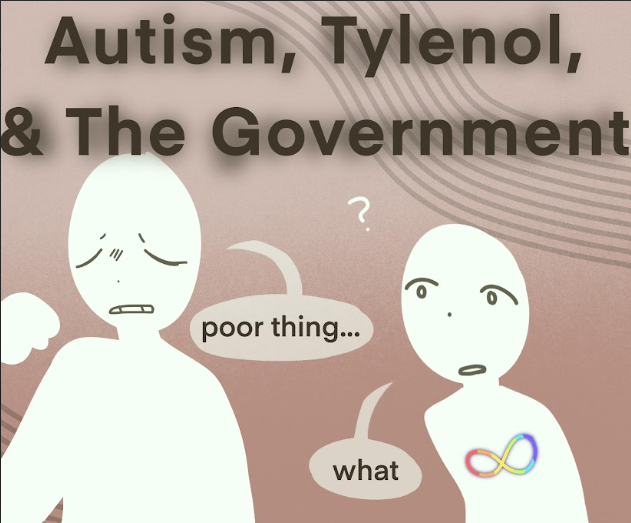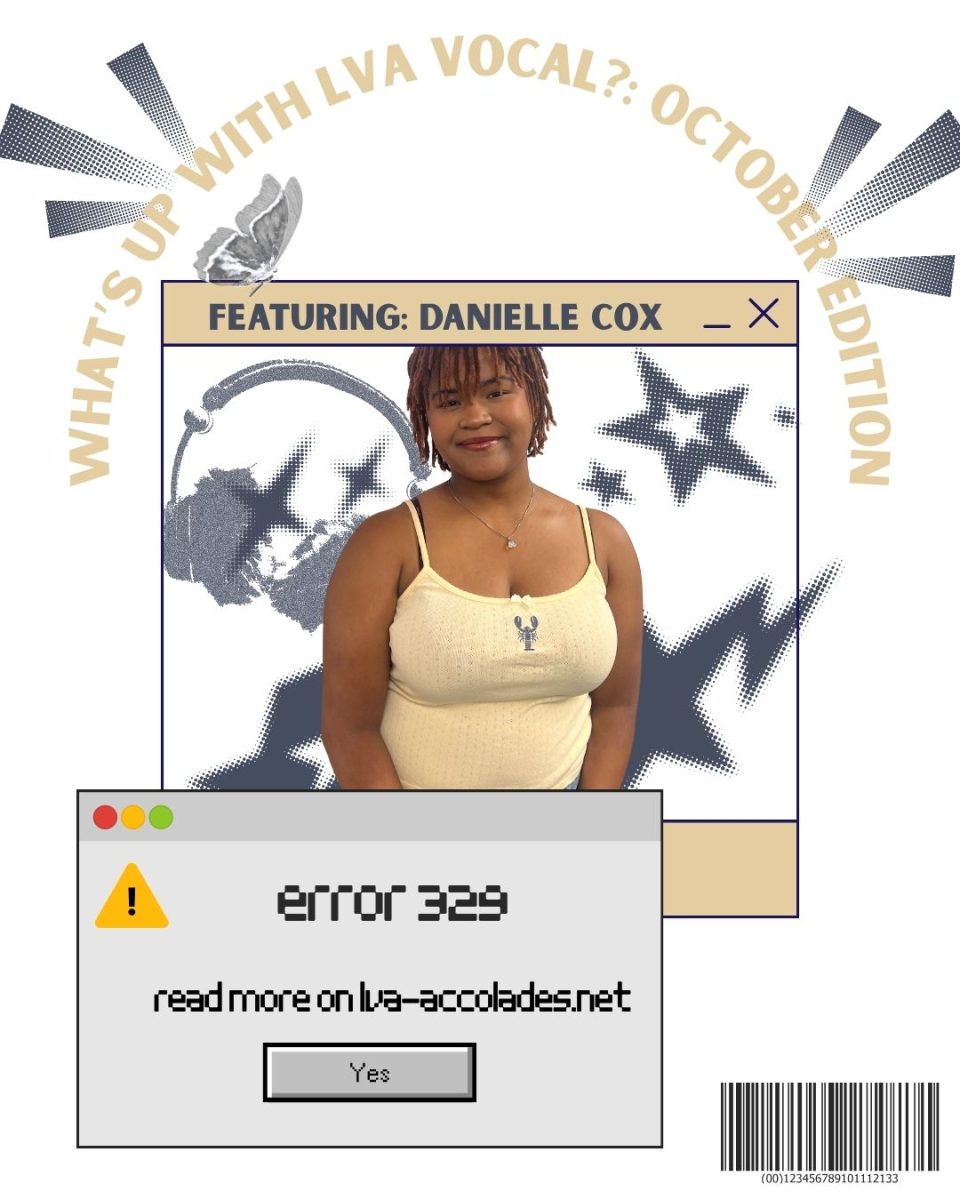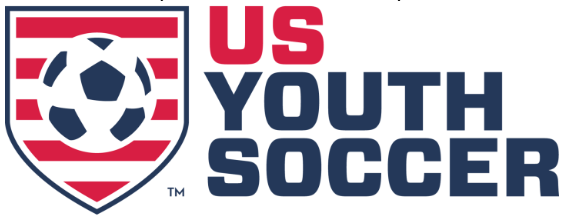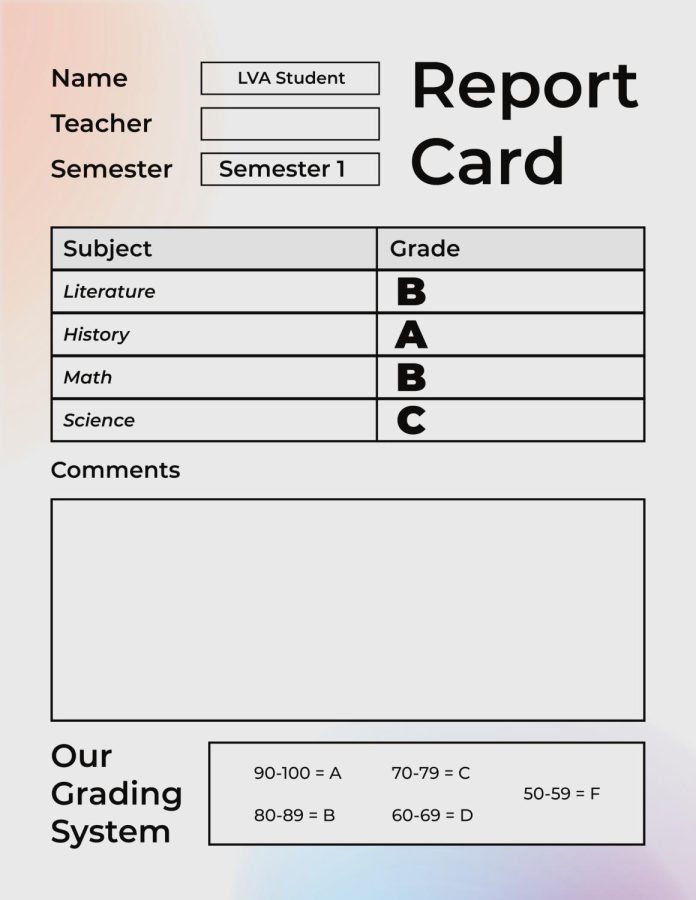Thoughts on the New Grading Policy
September 16, 2022
Recently, the new grading policy has been controversial among students and teachers here at the Las Vegas Academy of the Arts. As of this year, the grading policy has gone from 90% summative and 10% formative to 100% summative. Summative assessments are assignments such as tests and quizzes, and formative assessments are assignments such as homework and classwork. All formative assessments must be completed before taking summative assessments and work that is not completed will be a minimum F (50%).
English teacher Jeffery Archibald, is not a fan of the new grading policy. He feels the change in the grading policy will cause students to believe formative assessments will not be helpful in preparing them for summative assignments. “I think that they might not like the formative assignments, because they think they don’t matter,” Archibald said. “I think they have a hard time seeing or feeling like the formative assignments are helpful to them, because they’re not getting any actual grades out of it, when the purpose of a formative grade is to help them practice the material so that they perform well on the summative task.” However, Archibald does believe that there are still many opportunities to get good grades and correct mistakes, even with this new grading policy. “Well, the benefit is that the minimum F is helpful. And the ability to retake tests, or do reassessment or make corrections is beneficial to the students because they can come and they can fix things. If a student is interested and has a desire to do well, then those options make it so that they are able to change things as they go,” Archibald said.
On the other hand, chemistry teacher John Strehl agrees with the new grading policy. Strehl believes that the effectiveness of the new grading policy would be enhanced by teachers fully understanding the true meaning of summative assignments and the support they have for their students. “I’ve used the 100%- 0 before and it very much depends upon the support and the empathy of the teacher,” Strehl said. “And so teachers need good training and good understanding of what ‘summative’ is in order for the system to work.” Although formative assignments are 0% of a students grade, Strehl feels that the summative assignments represent what the students have truly comprehended throughout instructional time. “Since the summative is supposed to reflect the grade and the grade is supposed to reflect mastery of the material, that will be a better representation of what the student knows,” Strehl said.
While there may be some negatives to this new grading policy, there are also many positives. Many people agree with the grading policy, while many others may disagree. People’s perspectives may change throughout the school year regarding how summative assignments will now be graded. The 100% summative grading policy has been a controversial topic that has impacted the way students and teachers now view assignments.





















